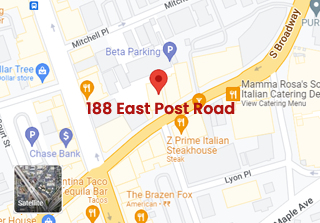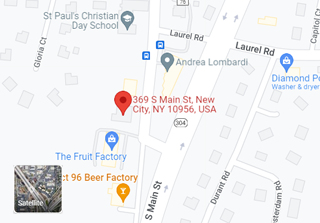New York residents know that drinking and driving is a serious issue. Recently enacted regulations attempt to curb the number of repeat DWI offenders in New York. The regulations focus on the more than 50,000 New Yorker’s with three or more DWI convictions.
Details Of The New Regulations
Although alcohol related accidents are decreasing in New York, the number of accidents involving drivers with three or more DWI convictions is rising, prompting the new regulations. After the regulations take effect, it is estimated that over 20,000 New York residents will have their driver’s licenses permanently revoked or delayed this year.
The new regulations allow the Department of Motor Vehicles to review the lifetime records of all drivers applying for license reinstatement after revocation. After the review, the license may be permanently revoked if the drivers have five or more alcohol or drug related driving convictions in their lifetime or three or more alcohol or drug related driving convictions in the past 25 years plus at least one other serious offense in that time period. Items classified as serious driving offenses include fatal crashes and other driving-related convictions.
Additionally, having 20 or more points assessed for driving violations in the past 25 years or two or more driving convictions worth five points or higher are also considered serious driving offenses. Legislators say that although these regulations are a good starting point, the rules could be even tougher. Habitually reckless drivers potentially face permanent license revocation in the future.
Other Penalties For Multiple Offenders
Currently DWI offenders in New York cannot permanently lose their licenses. Permanent license revocation only occurs if a driver has two drug or alcohol related convictions from separate accidents that involve a physical injury.
Typical penalties for a DWI offense include:
- Fines and surcharges
- Temporary license revocation
- Potential increase in car insurance premiums
- Potential jail sentence
Additionally, an ignition interlock device is required for any driver convicted of a DWI. Although the device is only mandatory for six months for first time offenders, the time period is increased to cover any probation or license revocation period for multiple offenses within five years. Alcohol assessments are also required for repeat offenders.
Refusing a breathalyzer test is an option but also comes with consequences. An individual who refuses a breathalyzer test faces license revocation for one year and a fine of $500. The license revocation period increases to a year and a half for a second offense. The fine also increases to $750.
A DWI conviction has devastating and long term consequences. An individual facing a DWI charge can benefit from an experienced DWI attorney. The attorney can provide knowledge and guidance as well as possibly even assisting with reducing or eliminating the charges.





